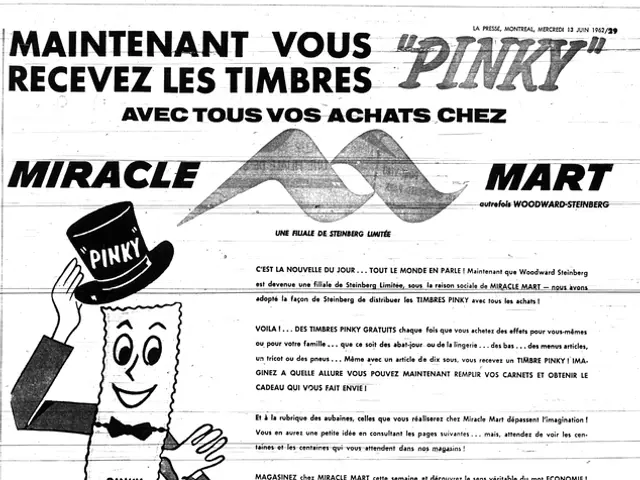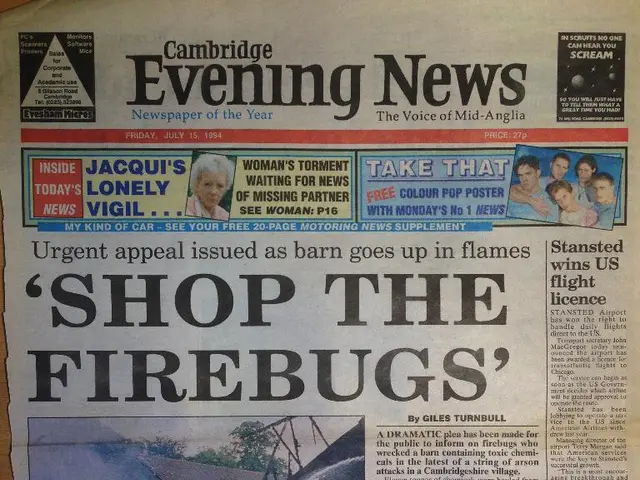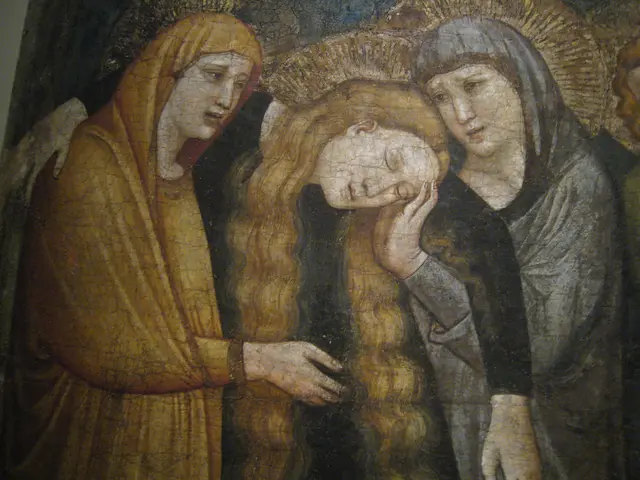Brooklyn Insights: Yiddish Immersion Haven by Rokhl Kafrissen
Rokhl Kafrissen, a contemporary Yiddish poet, translator, and performer, has released a new Yiddish cover of Jimmy Buffett's 1973 classic "Why Don't We Get Drunk (and Screw)". The song, titled "Kum tsu mir", was released on August 20, 2021, and has been met with critical acclaim for its creative fusion of two distinct cultural worlds.
Kafrissen, known for her modern and sometimes irreverent approach to Yiddish language and literature, has made a name for herself by translating and interpreting contemporary works into Yiddish. This cover is a testament to her dedication to keeping the language vibrant and relevant in today's culture.
"Kum tsu mir" bridges the gap between the laid-back American beach culture of the 1970s and the rich world of Eastern European Jewish culture. By translating and performing Buffett's explicit song in Yiddish, Kafrissen brings a new voice to the language, one that openly embraces humor and sexuality.
The song's Yiddish translation maintains the rhyme, rhythm, and playful tone of the original, while adapting idioms and references to suit a Yiddish-speaking audience. This process is a creative act of cultural interpretation, transforming Buffett's Americana into a piece that feels lively and authentic in Yiddish.
The cover has significant implications for language revival and innovation, cross-cultural dialogue, and empowerment through humor. It showcases the potential for modern Yiddish expression of human desires and humor, challenging stereotypes about the language as solely solemn or antiquated.
Kafrissen's oeuvre, which includes articles, plays, and now songwriting, advocates for a complex vision of Yiddish as a creative language. She has worked as an educator and administrator for KlezKanada and a lecturer at Yiddish New York. Her work aims to combat the losses of memory in Jewish American life through creativity in Yiddish and playful reworking of American pop culture.
In addition to her work as a performer, Kafrissen is a columnist for the popular Jewish online magazine Tablet. She has published numerous articles advocating for a vision of Jewishness that is rooted in the experimentation and expansiveness of Yiddish modernist literature. Her articles, such as "How the Jewish-American Elite Has Manufactured the Intermarriage 'Crisis,'" published in Haaretz in 2018, and "Make Bilingualism Great," published in The Conversationalist in 2019, highlight her commitment to exploring contemporary issues from a Yiddish perspective.
The song "Kum tsu mir" is a part of a growing body of recent Yiddish translations of American popular songs. It is produced by the Congress for Jewish Culture and features Grammy-winning Klezmatics co-founder Lorin Sklamberg, vocalist Sasha Lurje, and violinist Craig Judelman. The cover rewrites the original's narrative, telling a story about a Jewish woman initiating a sexual encounter with her husband on the eve of the Sabbath, further emphasizing Kafrissen's commitment to centering women's experiences in her work.
In an interview, Kafrissen emphasized the importance of understanding the discontinuities of modernity addressed in Yiddish art a century ago. Her work continues to reclaim and celebrate the sounds and stories of Yiddish culture, making it relevant and engaging for modern audiences.
Rokhl Kafrissen's work extends beyond poetry and translation, delving into fashion-and-beauty and entertainment, as she contributes articles advocating for a vision of Jewishness in modern magazines like Tablet. The cover of "Why Don't We Get Drunk (and Screw)" offers an insight into her education-and-self-development efforts, demonstrating the potential for Yiddish as a medium for expression in various realms, including books and music. Moreover, the collaboration with Lorin Sklamberg, Sasha Lurje, and Craig Judelman highlights her dedication to the fashion-and-beauty of music, blending traditional Yiddish with contemporary American pop to make the language more appealing to a broader audience.








